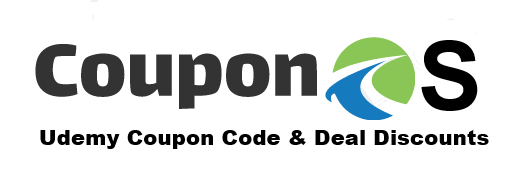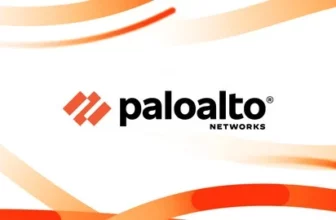![Python: Coding Guidelines, Tools, Tests and Packages [2024] 1 Python: Coding Guidelines, Tools, Tests and Packages [2024] Udemy Coupon](https://couponos.me/wp-content/uploads/Python-Coding-Guidelines-Tools-Tests-and-Packages-2024-1024x576.jpg)
Python: Coding Guidelines, Tools, Tests and Packages [2024]
Step ahead in your Python career and learn about PEP8, Unit-Testing (TDD), Type Annotations and Python Packaging.
Created by Jan Schaffranek | 5.5 hours on-demand video course
In this Python: Coding Guidelines, Tools, Tests and Packages [2024] course, you will explore coding guidelines and best practices, such as PEP8, as well as using popular Python tools like Pylint, Flake8, Autopep8, Black, and Pydocstyle. Additionally, you will learn about different docstring styles, such as Sphinx, Numpy, and Google, as well as using type annotations and the static type checker, MyPy. You will also gain practical experience in debugging, profiling, timing, and unit testing (TDD). Furthermore, you will learn how to create your own Python packages, modern HTML documentation using MkDocs and Google documentation strings, and how to use continuous integration tools like GitHub Actions for testing and code documentation.
The Python Course covers the following Topics:
- Installing and setting up the software
- The coding guidelines and good practice programming (PEP8)
- The usage of Pylint, Flake8, Autopep8, Black and Pydocstyle
- Different docstring styles for your code (sphinx, numpy and google)
- The usage of type annotations and the static type checker MyPy
- The usage of debugging, profiling, execution time measuring (timing) and unit testing (TDD)
- The creation of own Python packages that can be uploaded to PyPi
- The creation of a modern HTML documentation with mkdocs and google documenation strings
- The usage of continouos integration tools (Github actions for testing and codedoc)
Recommended Course
CMake, Tests and Tooling for C/C++ Projects [2024 Edition]
Complete Guide to Protocol Buffers 3 [Java, Golang, Python]
GitHub Copilot Beginner to Pro – AI for Coding & Development Best seller
What you’ll learn in Python Course
- The Coding guidelines and good practice programming (PEP8)
- Tooling with Pylint, Flake8, Autopep8, Black etc.
- Type Annotations and Mypy
- The usage of Debugging, Profiling, Timing and Unit Testing
- The creation of own Python packages
- The creation of a modern HTML documentation
- The usage of continouos integration tools

![Python: Coding Guidelines, Tools, Tests and Packages [2024]](https://couponos.me/wp-content/uploads/Python-Coding-Guidelines-Tools-Tests-and-Packages-2024-267x150.jpg)

![Python: Coding Guidelines, Tools, Tests and Packages [2024] 2 CMake, Tests and Tooling for C/C++ Projects [2024 Edition]](https://couponos.me/wp-content/uploads/thumbs_dir/CMake-Tests-and-Tooling-for-C-C-Projects-2024-Edition-21iax95d1890gsgk5zpzdechs650vor3pd5omks2zwlo.jpg)
![Python: Coding Guidelines, Tools, Tests and Packages [2024] 3 Complete Guide to Protocol Buffers 3 [Java, Golang, Python]](https://couponos.me/wp-content/uploads/thumbs_dir/Protocol-Buffers-21gwov96yj5ffdu0xzqit9wzqoumyyafj4p9lmwn5i30.jpg)
![Python: Coding Guidelines, Tools, Tests and Packages [2024] 4 GitHub Copilot Beginner to Pro – AI for Coding & Development](https://couponos.me/wp-content/uploads/thumbs_dir/GitHub-Copilot-Use-AI-to-write-code-for-you-Copilot-2024-21i62uug1wjtlxlx93g293rkvwk7ckhs9vrwxhpfhwi4.jpg)







